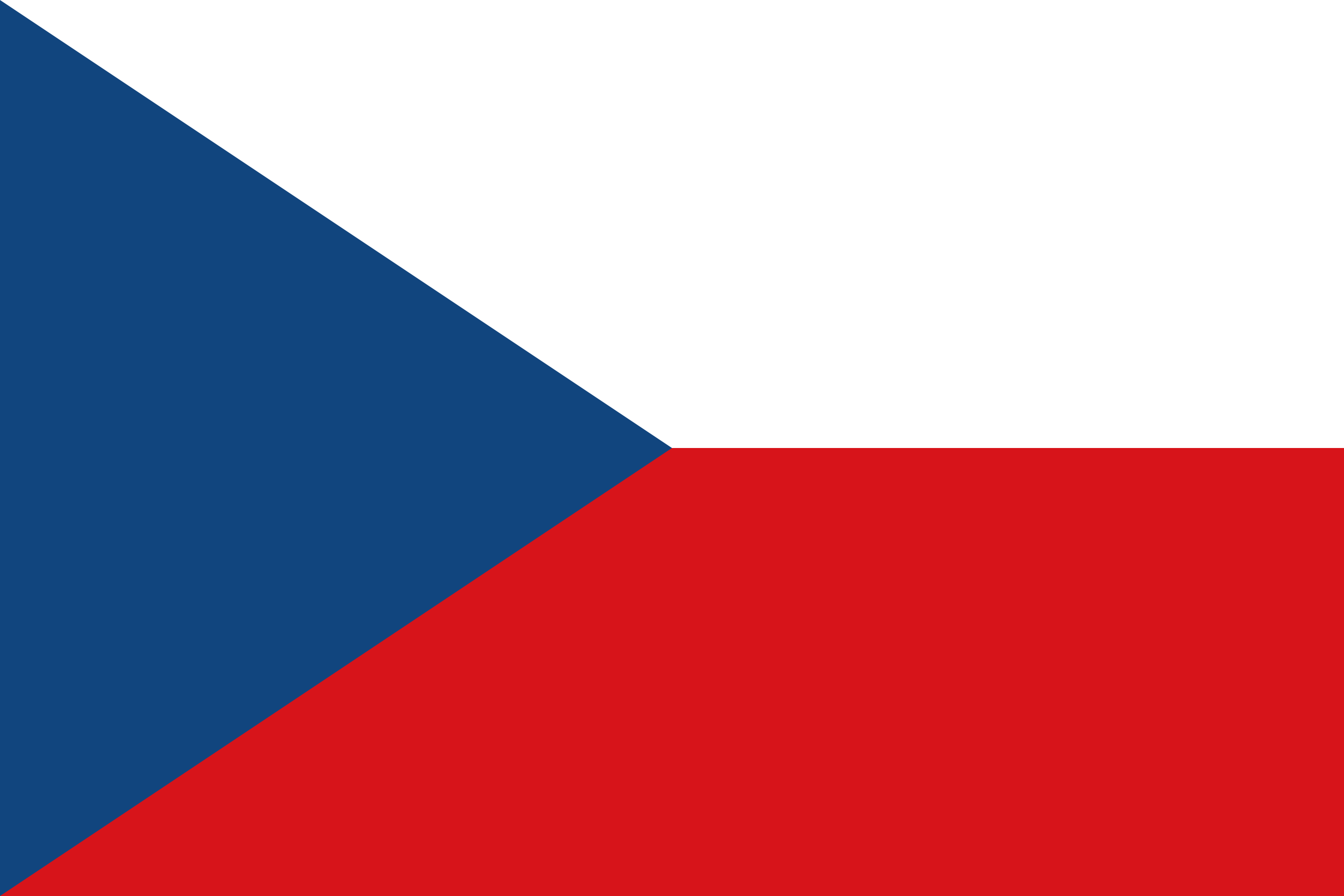Driving advice for every country in Europe
From required documents to European breakdown cover and vehicle accessories, find all the up-to-date driving laws and advice for every country in Europe in our travel guides.
Driving in Czech Republic

Driving is a great way to experience everything the Czech Republic (also known as Czechia) has to offer, as you can quickly travel between towns and forests.
But if you’re planning a road trip to Czech Republic, it’s essential you’re fully prepared ahead of time as driving there has many differences to the UK.
To make your journey to Central Europe as safe and effortless as possible, we’ve put together a guide to everything you need to know before you go, from required documents to rules of the road.
Driving a rented vehicle? Jump to the advice for driving a hire car in Czech Republic section.
RAC European Breakdown Cover provides a wide range of benefits should you breakdown in Czech Republic to ensure you stay safe.
To supplement this, RAC also offers travel insurance. Cover will include medical expenses, baggage, personal money and belongings, among many other benefits.
Need short-term insurance for your vehicle? Our temporary car cover is perfect if you're looking for flexible insurance for between 1 hour and 30 days.

Instant cover available
• 24/7 rescue at the roadside
• Help to get home if your vehicle can't be fixed
• 5 star Defaqto rated cover
*T&Cs apply.

Things to take when driving in the Czech Republic

Documents for driving in Czech Republic
- A valid, full UK driving licence (you must also be 18 or over)
- Your motor insurance certificate
- The V5 registration document for your own car or the hire car paperwork for a rental
Do I need a GB or UK sticker for driving in Czech Republic?
From 28th September 2021, the distinguishing mark (or national identifier) displayed on vehicles registered in the United Kingdom that are driven abroad will change from GB to UK.
This means that vehicles registered in the UK must display the letters “UK” when driven in Czech Republic.
The identifier can be incorporated in vehicle number plates (along with the Union Flag) or as a separate sticker. Note that vehicles featuring the letters GB together with the Council of Europe golden stars are no longer valid for driving abroad.
If your vehicle does not have the UK identifier within the number plate, you will require a UK sticker when driving in Czech Republic. GB stickers will no longer be valid from the end of September.
Do I need an insurance green card?
From 2nd August 2021, drivers will no longer require an insurance green card for taking their vehicles to Czech Republic.
ETIAS – 2026
ETIAS stands for the European Travel Information and Authorisation System. It is a visa program for visitors who don’t need a Schengen visa, who want to travel to the European Union and a few other European countries.
Visitors who purchase an ETIAS will be able to enter the 26 member states of the Schengen Zone as well as Bulgaria, Croatia, Cyprus, and Romania.
This will be launching in 2026. Learn more about ETIAS here.
Driving in Czech Republic packing checklist
Aside from the documents above, there are some legally-required items you must bring with you to drive in Czech Republic.
Unless your headlights can be adjusted, it's a legal requirement to carry headlamp converters (stickers for your headlights when driving on the right, so your lights don't dazzle motorists coming the other way).
A warning triangle is also compulsory to carry in vehicles in case of a breakdown.
It's also recommended to have:
- Spare bulbs for your car's external lights
- A fire extinguisher
- A first-aid kit
- A reflective jacket
- Antifreeze in the windscreen fluid if you’re driving in winter
You can pick up all the car kit you need from RAC Shop.
Is there anything that I shouldn’t take with me?
Be aware that you cannot take the following with you into the Czech Republic:
- meat or products containing meat
- milk or dairy products
You cannot take the following unless you pay to have them inspected before you leave and get a ‘phytosanitary certificate’:
- fresh fruit (apart from bananas, coconuts, dates, pineapples and durians)
- vegetables
- plants
- plant products
Rules of the road in Czech Republic
- Winter tyres are compulsory between 1 November and 31 March when compacted snow or ice are on the road. They are also necessary whenever the temperature is below 4 degrees and there is a possibility of ice or snow on the road.
- Use dipped headlights during the daytime all year round and on all roads
- Wear a crash helmet if you're riding a motorcycle or moped
- In Czech Republic, you drive on the right and overtake on the left. Vehicles from the right generally have priority
- Horns should only be used when an audible warning is required to prevent an accident. In central Prague, use of a horn is prohibited between 2100 and 0500 in summer months, and between 2000 and 0600 during the winter
- To use motorways and expressways in the Czech Republic, you’ll need a vignette that can be purchased at border points, post offices and some petrol stations. The cost for a month is 440 CZK (around £15)
- If you're caught committing a minor driving offence while travelling through Czech Republic, you could be given an on-the-spot fine of up to 5,000 CZK (around £170)
- Seat belts must be worn in all seats where a belt is available
- Children under 150cm in height must use an appropriate restraint or child seat in the front and rear seats. Children are only allowed to use a rear-facing restraint in the front passenger seat if the airbag is turned off
- The drink-drive limit for all drivers is a strict 0.00%. Random tests are carried out and drivers must always submit to a test at the request of the police, even if there are no grounds for suspicion
- Radar detectors that interfere with police equipment are prohibited, although POI detectors can be used
Czech speed limits
In built-up areas, the maximum speed allowed is 50km/h, or 80km/h on urban expressways. Other limits may be indicated by local signage. Outside urban areas, the limit is 90km/h. On motorways, the limit is 130km/h.
Other things you should know when driving in Czech Republic

- There plenty of petrol stations on the motorways and in main towns and cities, many of which are open 24 hours, though very few have automatic pumps
- Parking can be limited in built-up areas, with restricted zones signposted. Parking fines range from 1,500 to 2,500 CZK (around £50-85). Wheel clamps and towing are both used in Czech Republic
- In Prague, stricter parking regulations are in place, with the city split into three parking zones that have different restrictions. Check before you travel to ensure you don’t get caught out
- Unleaded petrol and diesel are readily available throughout Czech Republic, as is LPG – known as “plyn”
In an emergency
112 - Here's a really important bit of knowledge; you can dial 112 from anywhere in Europe and an operator will connect you to an emergency service in the country you're visiting.
Operators can answer your call in their native language, English or French.
Breaking down in Czech Republic
RAC offers great-value, flexible RAC European breakdown cover tailored to meet your needs. We also offer comprehensive travel insurance, including cover for medical expenses, baggage, personal money and belongings.
Driving a hire car in Czech Repbulic
Not all of the information in the guide above will be relevant to those looking to rent a hire car in Czech Republic.
Though it might be a good idea to read through everything anyway, here are the most important things to know for drivers of rental vehicles:
Rental information
- The minimum age to hire a car is 21
- You need a full, valid UK driving licence and usually a second proof of ID (passport)
- Some car rental companies ask that you have held your licence for a minimum term of 1 year
- It is likely that car rental companies will require you to use a credit card for deposit
- You may not be able to drive outside of Czech Republic unless planned in advance - check with your hire company first
- Make sure you get car hire excess insurance before your trip to protect yourself from unexpected costs. It's almost always cheaper to do this with a separate insurer and in advance
Hire car driving tips
- Czechs drive on the right and overtake on the left - the opposite to the UK
- In built-up areas, the maximum speed allowed is 50km/h, or 80km/h on urban expressways. Other limits may be indicated by local signage. Outside urban areas, the limit is 90km/h. On motorways, the limit is 130km/h
- Dial 112 in an emergency
- It’s compulsory to wear seat belts in the front and rear seats
- The blood alcohol content limit for drivers of private vehicles is strictly 0.0%


Driving in Czech Republic FAQs
- Is it safe to drive in Czech Republic?
Czech Republic is a safe country for motorists and the road system is generally maintained to a high standard, although the road quality of some rural routes can vary significantly.
Due to traffic and congestion, the capital, Prague, can be a difficult city to drive in so make sure you read up on local traffic laws and restrictions to ensure you know what to expect on the roads.
- Can you drive in Czech Republic with a UK licence?
Yes. You can legally drive in Czech Republic with a full and valid UK driving licence. You don’t need an International Driving Permit, although it could provide extra peace of mind if you have one.
- Do I need a green card to drive in Czech Republic?
Like the UK, Czech Republic is a member of the Green Card System, a Europe-wide scheme that allows countries to recognise foreign vehicle insurance policies of visiting motorists.
UK motorists are no longer required to carry a green card to drive in Czech Republic, but you should check that your policy will cover you in all countries you plan to visit before setting off.
- What side of the road do they drive on in Czech Republic?
As in most European countries, motorists drive on the right-hand side of the road in Czech Republic.
- Can I drive my car in Czech Republic?
Yes, so long as you have all your essential documents, including a valid UK licence, V5 document and sufficient insurance for your trip.
You should also familiarise yourself with the laws around driving in Czech Republic and ensure you have all the required items needed for your journey (such as a warning triangle and headlamp converters). That applies to any other country you’re planning to drive through, too.
- How do I drive to Czech Republic?
Driving to the Czech Republic might be easier than you think, with the journey offering you an excellent tour of Central Europe in the process. Firstly, you’ll need to get across the Channel to Calais, either by ferry or Eurotunnel.
Once you’re in Calais, head through Belgium, the Netherlands and Germany before crossing into the Czech Republic. In total, the drive from Calais to Prague takes around 11 hours without stops.
- Is it easy to drive in Prague?
As with any capital city, Prague can be difficult to navigate in a car due to high levels of congestion and strict parking regulations. In terms of parking, the city is split into three zones with varying restrictions, so check ahead and if possible leave your car outside the city and use public transport to finish your journey.
- What age can you start driving in Czech Republic?
To legally drive in Czech Republic, you must be 18 years or older and in possession of a full valid driving licence.
- Does Czech Republic have toll roads?
To use motorways and expressways in the Czech Republic, you’ll need a vignette that can be purchased at border points, post offices and some petrol stations. The cost for a month is 440 CZK (around £15), although longer and shorter options are available.
- Do you need winter tyres to drive in Czech Republic?
If you’re driving in winter, you probably will. Winter tyres are compulsory between 1 November and 31 March when compacted snow or ice is on the roads. They are also compulsory when the temperature is below 4 degrees and there’s a possibility of ice or snow on the road.
- When do my lights need to be switched on in Czech Republic?
All the time. In the Czech Republic it’s compulsory for all motor vehicles to have their headlights on during the daytime all year round, whether it’s sunny or not. This is to make sure you’re always visible to other drivers so you stay safe.

Instant cover available
• 24/7 rescue at the roadside
• Help to get home if your vehicle can't be fixed
• 5 star Defaqto rated cover
*T&Cs apply.

UK Government travel advice
British Embassy Prague
British Embassy Prague
Thunovska 14
11800
Prague
Czech
Telephone: (+420-25) 7402111
Fax: (+420-25) 7402296, 7402280
Email: [email protected] consular/[email protected]
British Consulate Prague
British Consulate Prague
Bredovsky dvur, Politickych veznu 13
11000
Prague
Czech
Telephone: (+420-22) 1991162
Fax: (+420-22) 4933847
